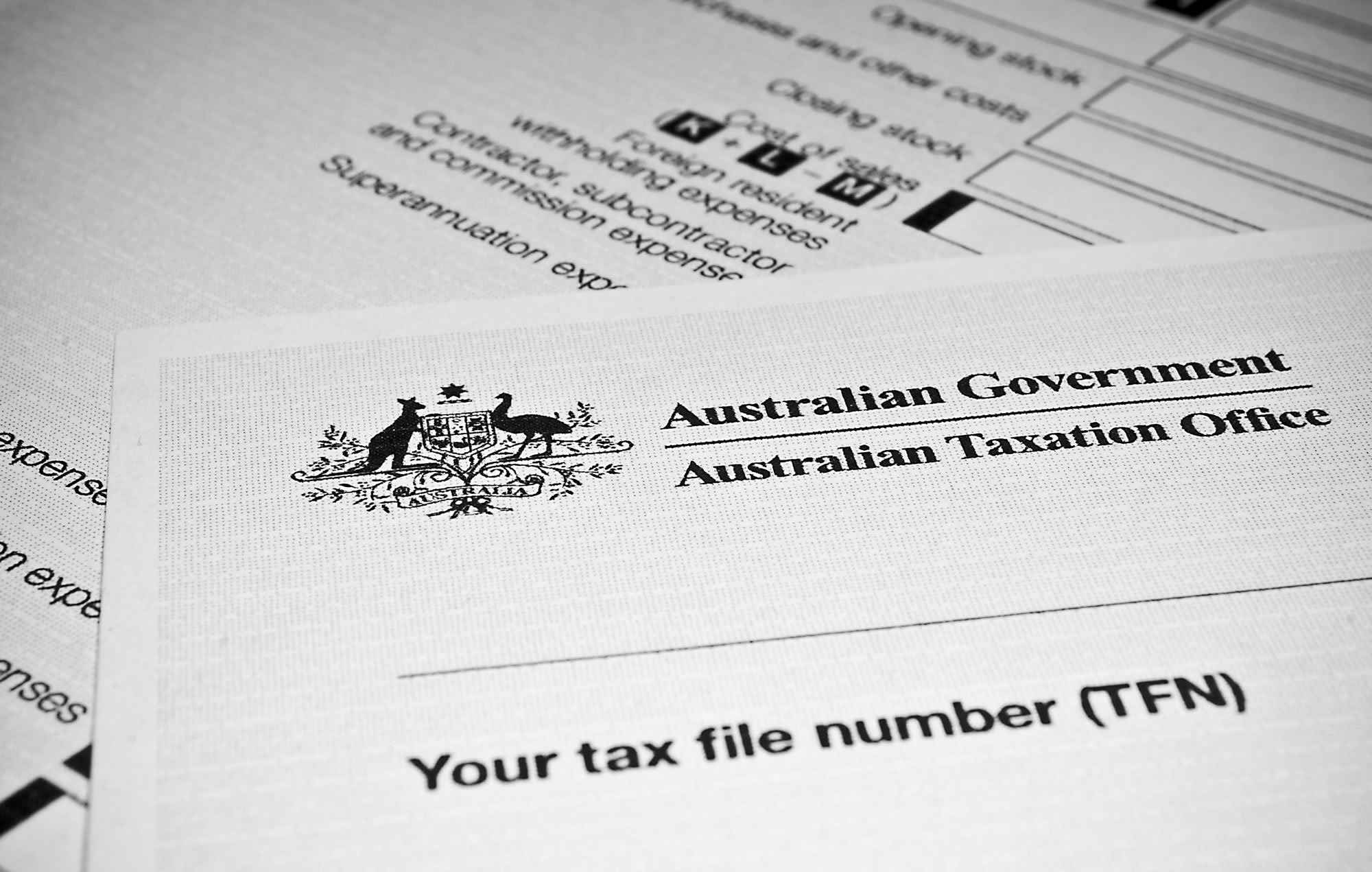
Crystal Paduch, Director of Child Support Consultants
Recently, O’Loan Family Law had the pleasure of talking to Crystal Paduch, Director of Child Support Consultants. Crystal discussed the intricacies of Child Support administrative assessments, which are detailed below.
What is Child Support?
Child Support is a financial arrangement between parents to financially support their children after separation. Child Support covers the basic costs of raising a child, including food and education. Non-essential costs can also be considered.
How are Child Support payments assessed?
Crystal says parents can register their Child Support case with Services Australia Child Support, which will use a formula to calculate the annual rate of Child Support payable. This will be assessed through the following:
- the parents’ incomes
- the percentage of care of the child
- the percentage of the costs met by this level of care
- the costs of the child.
Separated parents and non-parent carers can also set up a Child Support payment arrangement through a Binding or Limited Child Support Agreement on the amount of Child Support to be paid and how it will be paid.

How is Child Support collected?
Crystal says there are three options for managing child support.
1. Self-management
This involves child support arranged between the parents without the involvement of Services Australia. This is a good option for parents who have an amicable separation and can approach the subject of money to support with each other and do not require further financial support. Choosing to self-manage child support means the parents will not be eligible for more than a base rate of Family Tax Benefit Part A.
There are two options for collection for parents that register with Services Australia:
2. Private collection
This occurs when the case is registered with Services Australia Child Support through a standard formula administrative assessment calculated by Services Australia or an agreement or through the court that has set the amount. However, the parents determine how and when to pay, and Services Australia is not involved with the process. Parents will still receive assessment notices and must update any changes with Services Australia. This is a popular option for many parents as it requires minimal communication with Services Australia.
3. Child support collection
In this case, Services Australia Child Support will determine how the parents pay, when the parents pay and the collection method. If there is a debt to collect, then Services Australia can enforce collection.

How does my income affect Child Support?
The Australian Taxation Office will provide Services Australia Child Support with the parents’ incomes when they lodge yearly taxes.
Newly separated parents should know what Post Separation Incomes and Estimates of Income are. Crystal says that Post Separation Income is an additional income a parent can earn post-separation to meet the costs of re-establishing themselves. Up to 30% of the parent’s adjusted taxable income could be excluded from their Child Support assessment for up to 3 years post-separation if this income was earned to re-establish themselves. In order to meet the eligibility requirements for an Estimate of income, their income must have reduced reduced by 15% or more since the last financial year.
If the income of a parent changes, then the assessment will be adjusted accordingly.
What happens to Child Support payments after the age of 18?
Child Support payments stop once the child turns 18. However, a parent can apply to continue the Child Support assessment beyond the child’s 18th birthday if they are still in secondary school in the year the child turns 18. The Child Support assessment can be extended to the last day of the secondary school year when the child turns 18, provided an application exists. A court can make child maintenance extend beyond 18 years old in certain circumstances.

What if I disagree with a Child Support assessment?
A parent can contact the Services Australia Child Support for an internal review of assessments if parents or non-parent carers disagree with certain aspects of their assessment. Crystal says this process is called ‘Changing Your Assessment in Special Circumstances’, and there are ten reasons to change as assessment, as follows:
- Reason 1 – The costs of maintaining a child are significantly affected by the high costs of enabling a parent to spend time with or communicate with the child.
- Reason 2 – The costs of maintaining a child are significantly affected by the high costs associated with the child’s unique needs.
- Reason 3 – The costs of maintaining a child are significantly affected by the high costs of caring for, educating, or training the child in the way both parents intended.
- Reason 4 – The child support assessment is unfair because of the child’s income, earning capacity, property, or financial resources.
- Reason 5 – The child support assessment is unfair because the payer has paid or transferred money, goods or property to the child, the payee, or a third party for the child’s benefit.
- Reason 6 – The costs of maintaining a child are significantly affected by the high childcare costs for the child (and the child is under 12 years of age).
- Reason 7 – The parents’ necessary expenses significantly affect their capacity to support the child.
- Reason 8 -The child support assessment is unfair because of one or both parents’ income, earning capacity, property, or financial resources.
- Reason 9 – The parent’s capacity to support the child is significantly affected by
- their duty to maintain another child or person
- Their necessary expenses in supporting another child or person they must maintain
- Their high costs of enabling them to spend time with or communicate with another child or person must maintain.
- Reason 10 – The parent’s responsibility to maintain a resident child significantly reduces their capacity to support the child support child.
What if the Other Parent refuses to pay child support?
If the Other Parent refuses to pay child support and the case is registered with Services Australia Child Support, the receiving parents can collect the payment through Child Support Collect. The debt can be obtained in various ways:
- Collecting from the debtor’s wages or salary
- Issuing a garnishee notice to a third party who owes money to a debtor
- Issuing a garnishee notice to a debtor’s bank account
- Tax refund intercepts
- Departure prohibition orders can be placed on a debtor to prevent the debtor from leaving the country

What if I have Domestic and Family Violence Concerns?
Crystal says that it is essential that you wait to make a Child Support assessment application until you have a comprehensive understanding of what Child Support is and the Child Support process. You may be eligible for other payments, including a Crisis Payment or Escaping Violence Payment, if you have experienced domestic and family violence. You may be granted an exception from taking maintenance action. In this case, you are not required to register a Child Support assessment to receive your maximum family tax benefit payment. Crystal says that if you already have a registered case, a registrar can initiate a change of assessment if needed.
When should I get legal advice?
Parents will need legal advice if they enter into a Binding Child Support Agreement or if they want a court order. Parents should obtain legal advice if they wish to reach or have reached an agreement as to their property division and/or would like a parenting place or Consent Orders with respect to the care arrangement of their children.
How O’Loan Family Law Can Help You With Child Support advice
If you need further information about child support, reach out to us for assistance. We can loop you back to Crystal to help as well or you can contact her directly at https://childsupportconsultants.com.au/
Schedule a 15-minute complimentary call
You can reach us on 02 9922 2230 or via email by completing the form on this page. Alternatively, If you’d like to book an appointment straight away, head to this link.
02 9922 2230 Free AppointmentAbout the Author

Bron O’Loan
Bron O’Loan is the Founder & Director of O’Loan Family Law and is an expert family lawyer and independent children’s lawyer. Bron has worked in Family Law since 2015 and is an experienced litigator and skilful negotiator in all family law matters. She is also an experienced speaker and best-selling author of The Splits – How to help your kids navigate separation and divorce.

